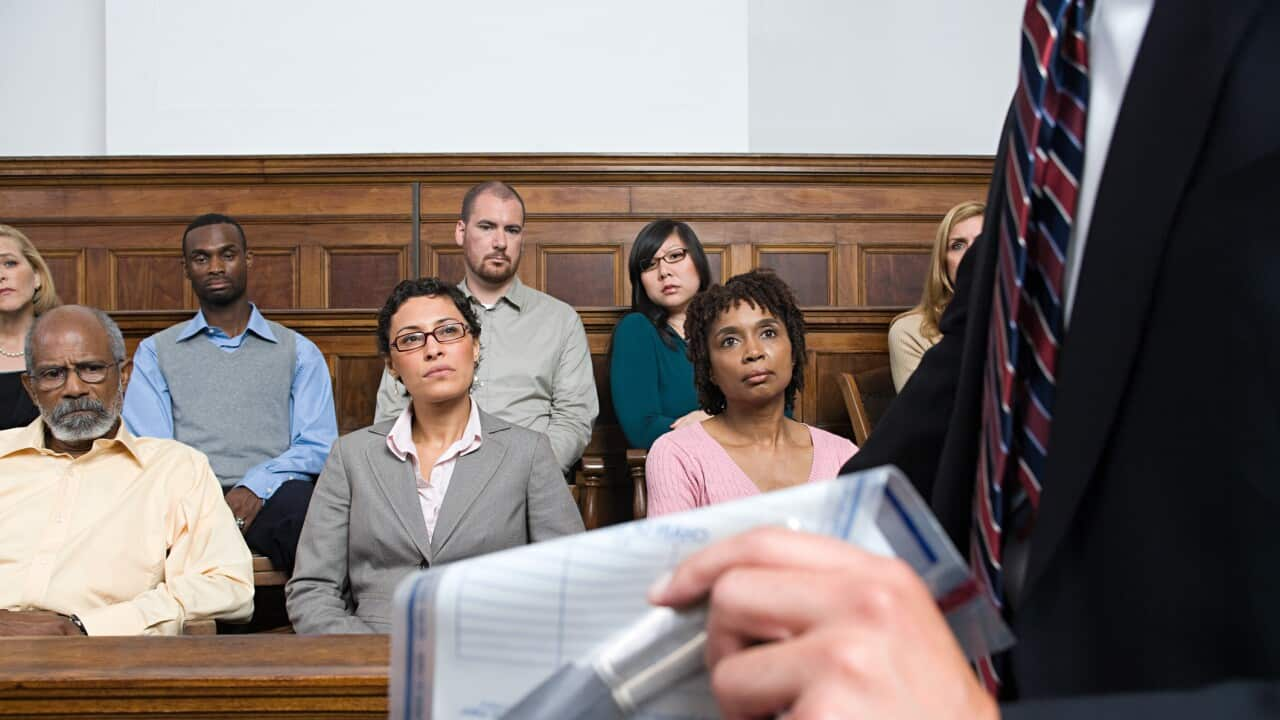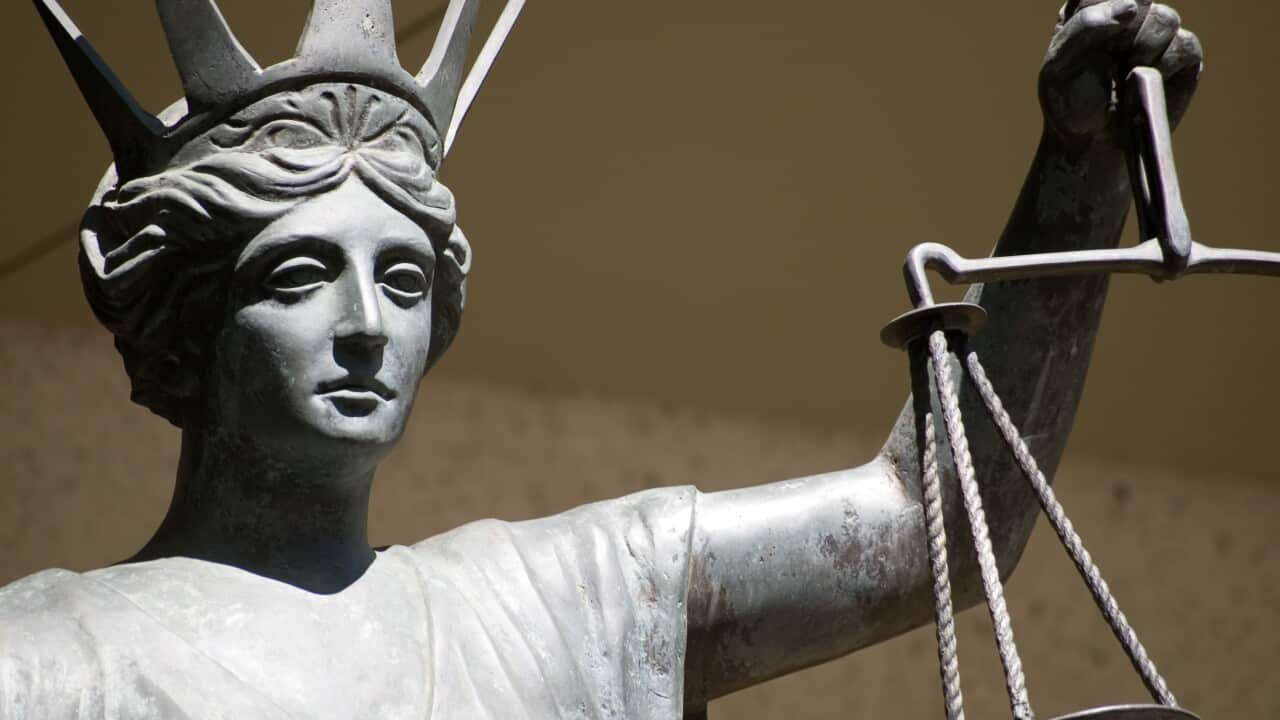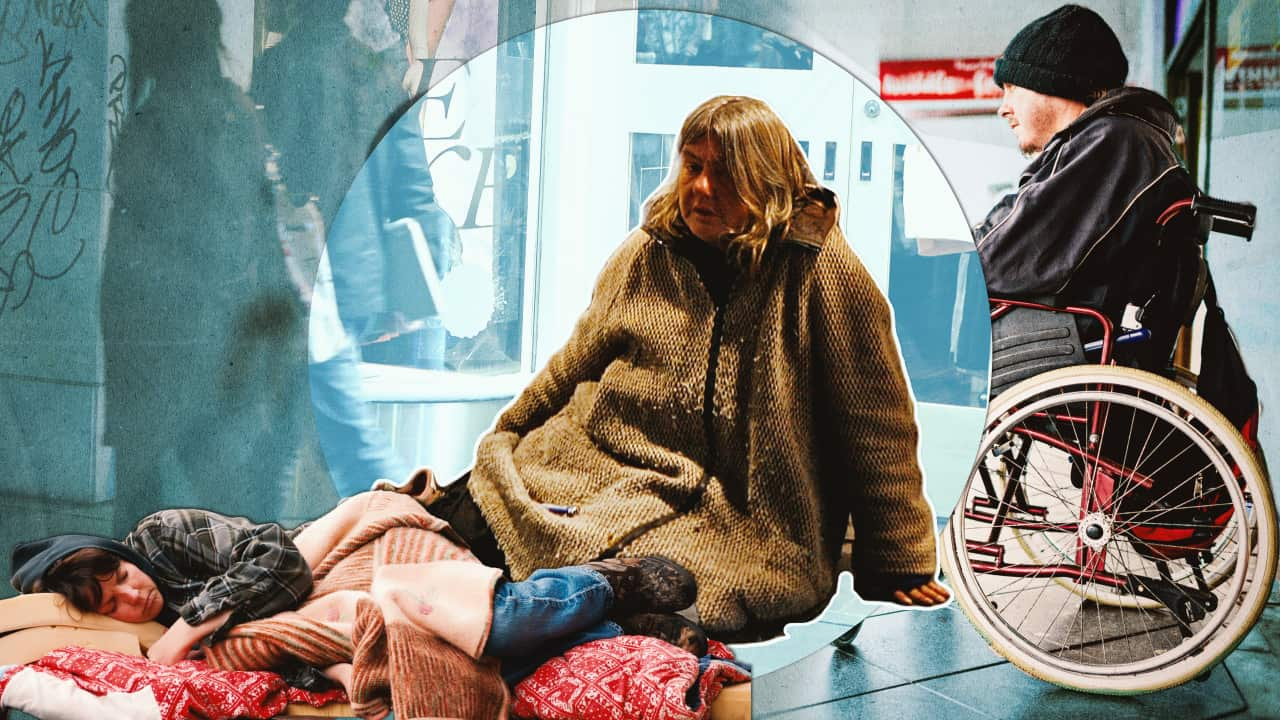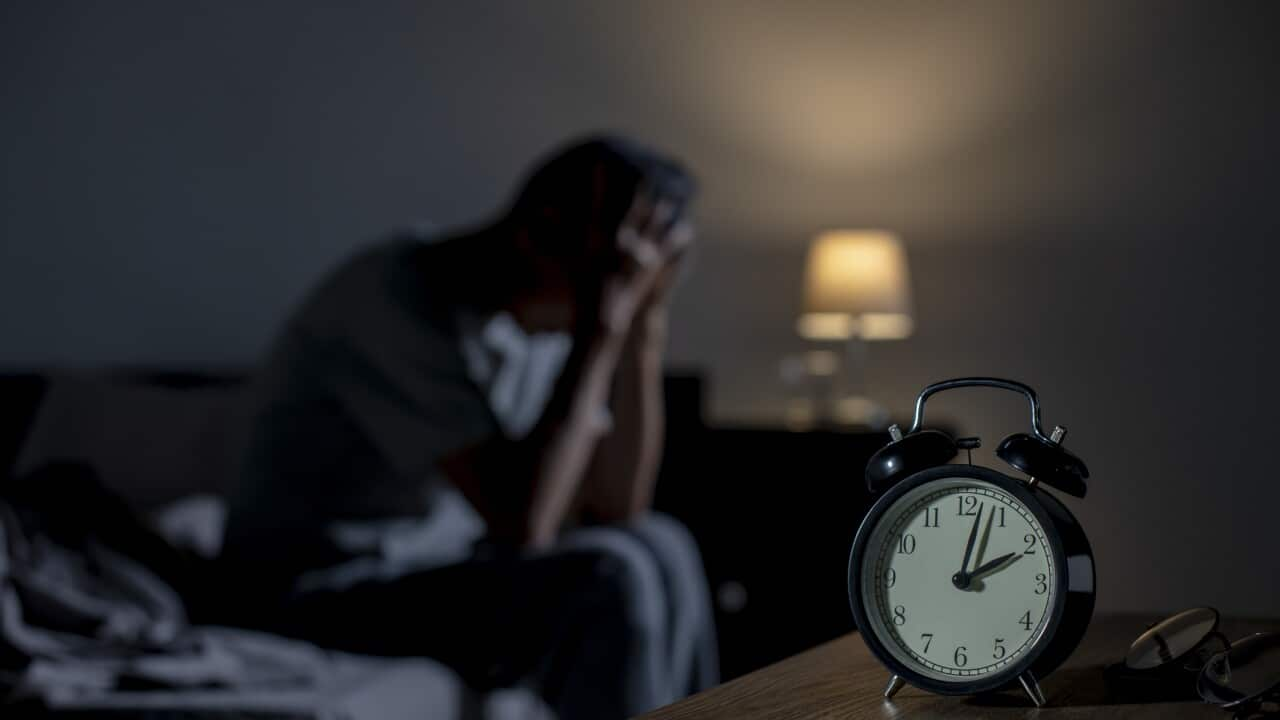ഇംഗ്ലീഷില് വിശദമായി വായിക്കാം
Juries are a key part of Australia's legal system.
Dr Andrew Burke, Senior Lecturer at the Macquarie Law School and Juris Doctor Director, says they are a way of involving the community in the legal process.
"[Juries are] a part of Australian democracy so that when somebody is charged with a serious crime, the people who get to decide if that person is guilty or not is not a lawyer or a judge, but 12 ordinary members of the community who might make up the jury.”
Juries are only used for some types of trials
"The juries in Australia are only in cases that are very serious," Jacqui Horan, Associate Professor at Monash University’s Faculty of Law, explains.
We have them for murder trials, armed robbery trials and trials of sexual assaults. The less serious criminal cases like theft are just heard without a jury, with a judge.Jacqui Horan, Associate Professor, Monash University Faculty of Law
Jurors' names are randomly selected from the Australian electoral roll.
"Usually you would receive a letter that says 'you have been summoned for jury duty... go to this website and fill in a survey and tell us about yourself and tell us about whether you think you can sit on a trial and be a juror'," Mark Nolan explains. He is the Director of the Centre for Law and Justice at Charles Sturt University.
"It might ask you questions about your English language proficiency. Sometimes it might ask you questions about your work, or whether you know someone who is involved in the case or not," Professor Nolan adds.

Jury duty summons Source: Getty / P_Wei/Getty Images
In the serious criminal cases, the number of jurors in a case isn’t always the same. It depends on the different parts of Australia you’re in.
"In some places in Australia, they actually have juries for civil cases like they do in America," Dr Horan says.
In these cases, the jury may consist of only six people.
Can you be excused from jury duty?
There are some candidates who can be exempted under the Jury Act, such as a single parent of young children, or someone who runs a small business that would be affected by their absence.
“For example, lawyers are exempt from being a juror,” Dr Burke explains.
“If you are an emergency doctor or a nurse during a pandemic, for example, you don't have to be a juror. If you're in jail, you cannot be a juror".
Similarly, if someone has trouble hearing, if they have serious health issues or if they are a carer of elderly people and they can't leave them, they can be exempted.
If you have not been formally exempted, you can be fined for not attending.

Law Courts in Australia Source: Getty / Frogman1484/Getty Images
How long does it take to serve on a jury?
Jurors typically serve on trials that take between seven and 12 days, though more involved matters — such as those for alleged terrorists — can take months or even a year or more.
Jurors are often asked about their availability in advance if there’s a chance they are selected for a particularly long trial.
Dr Burke says if a juror feels that they won’t be able to stay for the whole length of the trial, they should mention this before the trial starts.
"At the very beginning before the trial starts, the judge or the crown prosecutor will give a brief description to the jurors to say, ‘This is what the charges are, and this is the sort of evidence that you're going to hear’.
"And they'll say, ‘If any of you think that you are unable to do this and unable to be impartial about the evidence then say so now, and you can be excused’,” Dr Burke adds.
What happens in the courtroom?
Once the trial starts, the jury must hear all the evidence, Dr Burke explains.
The jury must be there for all the evidence, so all the witnesses giving evidence. They see all of the photographs and videos or DNA... that kind of evidence.Dr Andrew Burke, Senior Lecturer, Macquarie Law School
"But they're out of the courtroom when there are arguments about what the law is, and then when those arguments are settled, they come back in, and the judge will explain to the jury what law they must apply to decide guilty or not guilty."

The Jury: Death on the Staircase on SBS and SBS On Demand Source: SBS / SBS
"Once all the witnesses have been heard and all the evidence is given into court, if there are documents, the jury are then given those documents and they're given the transcript of the court case. They're put into a jury deliberation room, and they're asked to deliberate," Dr Horan explains.
"It can take some time, several hours for the 12 people to talk through all the issues to make sure that they're satisfied that either the defendant is guilty beyond reasonable doubt, or if they're unsure that the finding would be not guilty."
Reaching a verdict
Dr Horan says a verdict needs to be unanimous, or in some cases 11 to one is accepted.
"While the serious cases like murder in most parts of Australia require all 12 jurors to agree, there are sometimes where only 11 out of the 12 jurors need to agree for a verdict to be accepted by the judge from the jury," she says.
If the jury can't reach a decision, this is what's known as a ‘hung jury’.
"That means that there must be a new trial. It starts all over again with a new trial and a different jury.”
Do we get paid for jury duty?
Jurors are paid an allowance by the court for their time (and sometimes travel). The amount depends on the state or territory, whether you work and if you’re full time, part time or casual.
In longer trials, jurors are typically paid more to make up for the inconvenience.
Under the Fair Work Commission’s National Employment Standards, all employers are required to top up their staff's jury pay to their normal wage for the first 10 days of jury service, but this does not cover casual workers. Instead, casual staff may receive entitlements under state and territory laws.
"It is a requirement of everybody’s boss that they are paid the equivalent of what they'd normally be paid if they were going to work, but they actually go into jury service,” Dr Horan says.
What's the juror experience like?
Most people are initially apprehensive about serving on a jury, but then appreciate the process, Dr Horan says.
It’s not very often in your life that you get to do somebody else's job for a week or two, but in this case, citizens are able to be a judge and see how the justice system works.Jacqui Horan, Associate Professor, Monash University Faculty of Law
"It's a very fascinating once-in-a-lifetime experience. And research has shown that people are happy to do it again."
airs weekly from Wednesday 6 November at 8.30pm on SBS with each episode then available to stream free on .
Subscribe to or follow the Australia Explained podcast for more valuable information and tips about settling into your new life in Australia.
Do you have any questions or topic ideas? Send us an email to [email protected]








